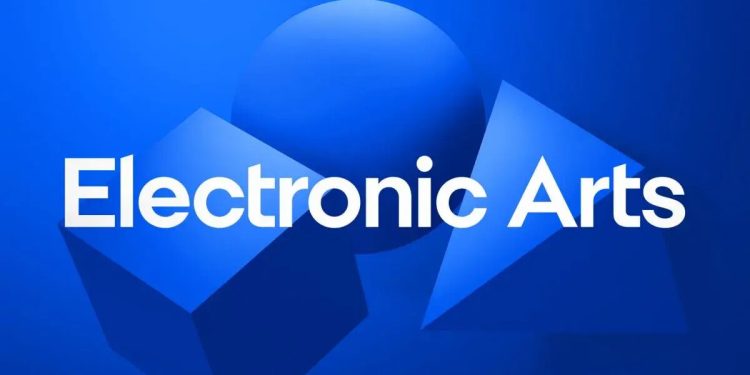Mark Darrah, a longtime BioWare producer, has warned that EA’s $55 billion leveraged buyout could force the publisher to cut costs, including layoffs and possible studio closures, as the deal adds roughly $20 billion in debt to EA’s balance sheet.
Darrah, speaking in a YouTube video, notes that if that debt sits at about a 5% interest rate, EA could face roughly $1 billion a year in interest payments, while the company currently nets around $1.1 to $1.2 billion annually. That math, he says, makes labor costs an obvious target since staff are a publisher’s largest expense.
That potential for layoffs and closures is the clearest short-term risk, Darrah argued, though he also pointed out a possible longer-term upside. Going private lets EA report and plan on a longer horizon, which could reduce short-term pressure to chase quarterly revenue at the cost of riskier creative choices.
Darrah says the buyout is a leveraged transaction that, in his words, puts “an additional $20 billion of debt on its balance sheet. Obviously, adding $20 billion to your balance sheet is going to require you to pay a lot of interest. If we look at EA’s current financials, they’re netting out about $1.1-1.2 billion each year. If that $20 billion is sitting at a 5% interest rate, that’s $1 billion of interest that needs to be paid every year just to service that debt.”
He continued that EA’s historically cautious financial posture means leaders usually prefer doing nothing, because inaction protects them. But with massive new debt, incentives can change to “shed costs or generate revenue if at all possible,” which, he warned, makes layoffs and studio closures more likely.
Darrah also raised political and reputational concerns about the deal’s buyers, which include Saudi Arabia’s Public Investment Fund and Jared Kushner’s Affinity Partners. He said a significant media acquisition by the PIF could factor into broader efforts to influence public messaging, adding “it’s hard to imagine acquiring a $55 billion media company … won’t play into that effort.”
That concern ties into worries about content direction at studios like BioWare. Still, Darrah thinks a wholesale reversal of progressive messaging would be unlikely, as such a shift would likely provoke intense public backlash. “It’s hard to imagine that you’d have BioWare pivot from having very progressive messaging to having the reverse, because it’s what the government wants. It’s hard to imagine that the public perception of a game that comes out of BioWare [that does that] isn’t apocalyptically bad,” he said.
Watch the full discussion on YouTube below.
Darrah also pointed to human rights concerns tied to the buyers, linking the PIF to criticisms of Saudi Arabia’s record and noting political moves in the U.S. that have targeted DEI programs. For background on the human rights questions he mentioned, see reporting from Amnesty at Amnesty International, and coverage of U.S. actions regarding DEI policies.
Darrah sketched a short, medium, and long-term outlook: in the short term, he expects layoffs across studios and corporate functions. In the medium term he said some studios might be closed or sold to cut costs or raise cash. In the longer term he suggested the ability to plan privately could let remaining teams try riskier development windows without quarterly pressure.
The clearest takeaway is practical and straightforward, he said: this deal raises the chance that EA will look to reduce payroll and trim operations to manage the new debt burden. That affects developers, support staff, and PR and finance teams across the company. If this changes how studios operate, or if teams are sold or shuttered, players and developers alike will feel the effects. I welcome your thoughts in the comments, and please follow us on X and Bluesky.






















